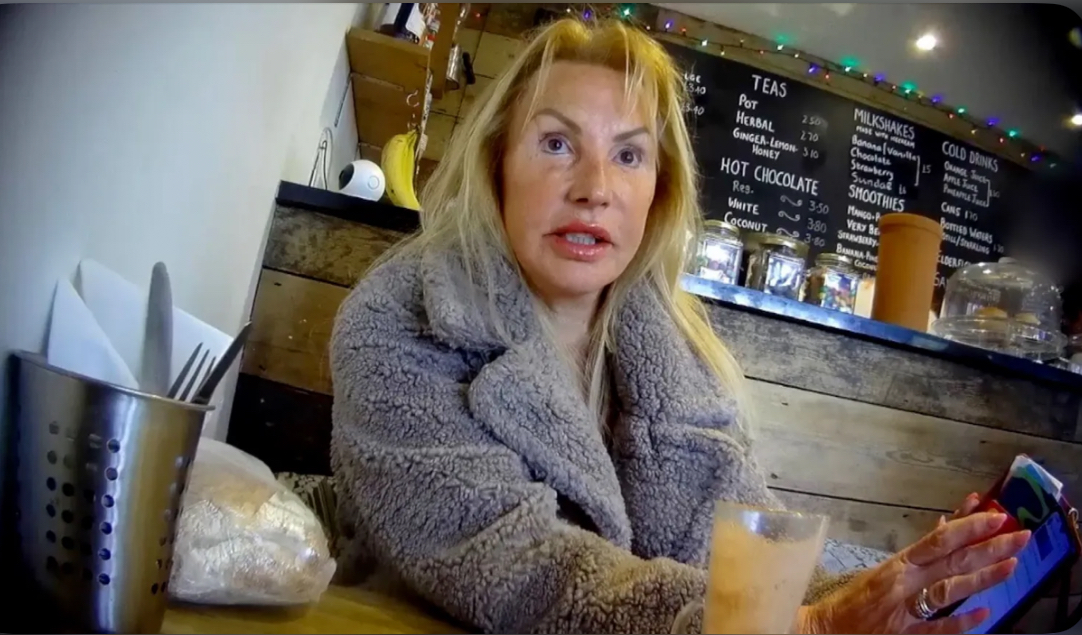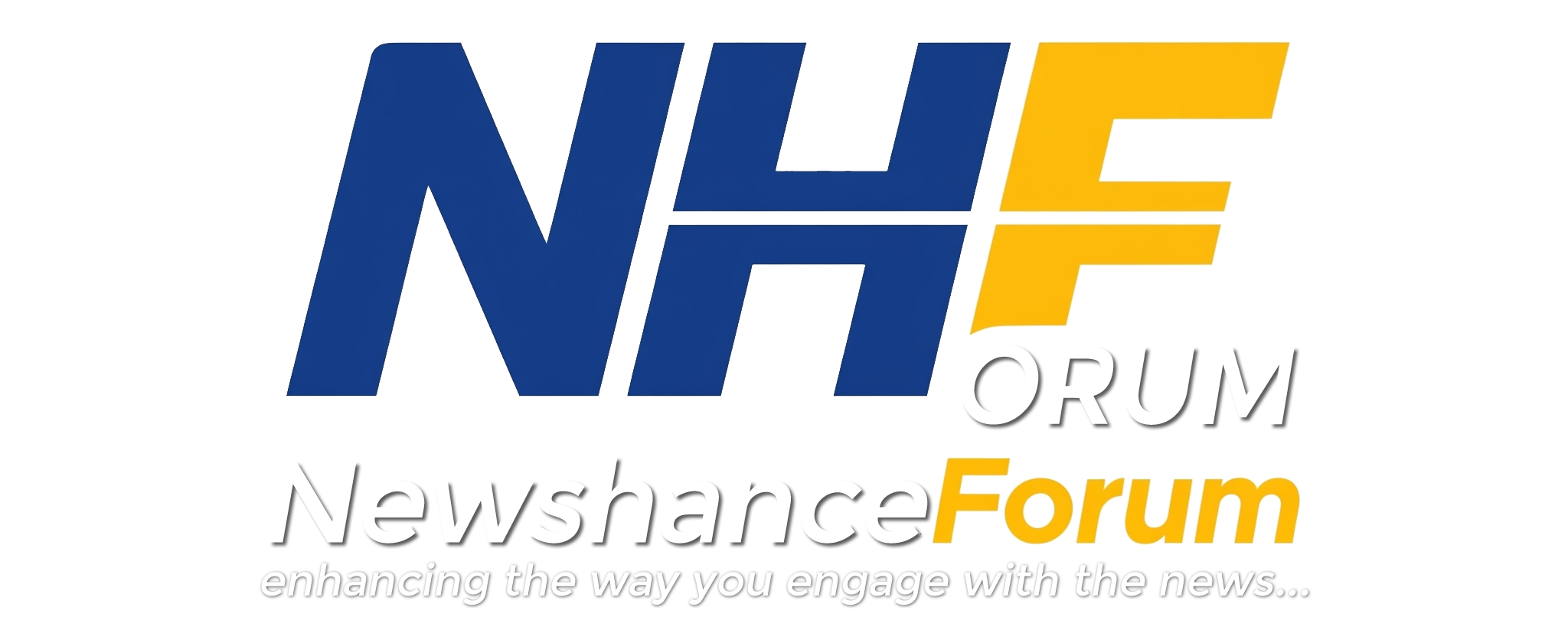
Nurses and pharmacists have been putting patients at risk by supplying Botox without proper checks, a BBC undercover investigation has found.
Researchers posing as beauticians secretly filmed a nurse trading prescriptions over WhatsApp, a pharmacist coaching clients to falsify records and a bogus doctor handing over Korean toxin vials for cash.
Medical rules require an in-person consultation and prescription to check Botox is suitable. Skipping these safeguards raises the risk of complications such as drooping eyelids, headaches or, in rare cases, respiratory failure or death.
The pharmacists' regulator said it was "very concerned" while the nurses' regulator said it would review the evidence.
In a café in Christchurch, Dorset, our undercover researcher posed as a beautician seeking prescriptions and the Botox stock needed to inject clients at a new beauty clinic.
Across the table sat Poole-based senior nurse prescriber Sally Jackson, who ran a business supplying beauticians in this way. As a prescriber, she was required under professional rules to meet and examine each patient in person before issuing a prescription, the document that allows beauticians on the high street to inject.
Ms Jackson acknowledged those rules but then brushed them aside. "I'm supposed to do a face-to-face consultation. But we can do it the other way, WhatsApp me," she said.
When pressed on whether she should speak to clients who would be her patients, to whom she owed a duty of care, she was blunter still. "I should talk to them, but I won't," she admitted, dismissing the checks as "same old crap".
For £30, she issued a prescription, later obtained by the BBC from the pharmacy she directed, for a patient she had never met, whose details were sent to her on WhatsApp.
Once a private practitioner in London's exclusive Harley Street, Ms Jackson was now selling shortcuts to beauticians nationwide, telling our researcher: "I'm so busy."
She also offered to prescribe extra vials on a genuine patient's script - allowing beauticians to keep stock for clients and then inject them secretly, with no prescription in place. Prescribing a drug in one person's name for use on another constitutes fraud.
Ms Jackson ignored repeated requests for comment. When confronted in person, she replied: "I am not interested."
The BBC wrote to the NMC, which regulates nurses across the UK. It said prescribers must see patients face to face before issuing prescriptions for cosmetic procedures, and promised to review the evidence from this investigation and act on breaches.
The BBC also approached the General Pharmaceutical Council. It said it was "very concerned" by the findings, stressing that Botox prescriptions always require a physical examination and that enforcement action would follow where standards were not met.
The BBC further asked the Department of Health and Social Care about the issues raised. It said the cosmetics industry had long been plagued by unlicensed practitioners and confirmed the government was assessing reforms, including tougher licensing of non-medical professionals such as beauticians.
But when repeatedly asked about the central finding of this investigation - that trusted medical professionals are themselves breaking the rules and putting patients at risk - the department did not offer a response and declined an interview with Health Secretary Wes Streeting.
- 194
-
0
- 0
- 0
- 0
